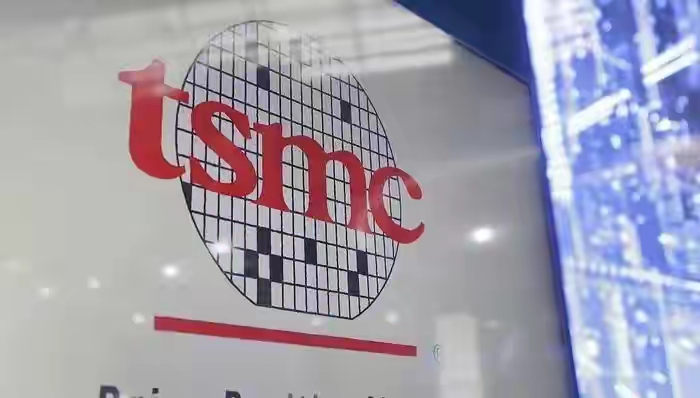
Recently, the news that Luo Weiren, the former senior vice president of TSMC, retired three months ago and moved his family to the US to join Intel, has caused a stir in the semiconductor industry. This 75-year-old tech veteran, who was once a core member trusted by Morris Chang, led the development of TSMC's advanced processes from 10nm to 2nm and holds over 1,500 patents. However, after achieving success, he left with over 20 boxes of confidential materials and joined a competitor. Luo Weiren's decision to move his family to the US is not merely a simple career change, but rather the result of a combination of personal interests, industry competition logic, and the trend of talent mobility. It reflects the deep-seated competition in the high-tech field.
The maximization of personal career value and financial rewards is the direct driving force behind Luo Weiren's decision to move to the US. As a top talent in the semiconductor industry, Luo Weiren has already obtained US citizenship. His educational background and career start were rooted in the US - a PhD from the University of California and early work experiences at Motorola and Intel, which gave him deep industry resources and a solid life foundation in the US. For him, returning to the US not only allows him to share a more familiar living environment with his family but also enables him to receive the generous offer from Intel. Currently, Intel is struggling with low yield rates in its advanced processes, and its Intel 18A process has a low mass production qualification rate. It urgently needs a leader like Luo Weiren, who masters TSMC's core technologies, to break the deadlock. Although TSMC offered him a special extension until the age of 75, it clearly could not match the high price offered by competitors to obtain key technologies in terms of non-compete restrictions and salary flexibility. This "technology for high salary" exchange became the direct driver for his family's move to the US.
The intensification of industry competition and the high value of technological barriers give this migration special significance. The core competitiveness of the semiconductor industry lies in advanced processes. TSMC's 2nm and A14 technologies are strategic assets developed at great cost, which can support its industry leadership for the next 5-10 years. Intel, as TSMC's direct competitor and important customer, has long been constrained by its lack of advanced processes. Luo Weiren's joining precisely fills this critical gap. From his abnormal behavior of frequently requesting technical briefings and packing over 20 boxes of confidential materials before leaving, this "job change" is essentially a precise transfer of technology. The US's strategic layout in the semiconductor field and Intel's urgent needs, combined with the core technologies Luo Weiren possesses, form a strong complementarity. This "mutual pursuit" driven by industry competition makes moving his family to the US the inevitable choice to maximize the value of his technology.
The institutional attractiveness of the US to high-tech talents is an underlying factor that cannot be ignored. The US provides convenient residence channels for top tech talents through policies such as EB-1A for outstanding talents. Its superior educational resources, medical care, and career development environment have long been important attractions for global talents. For Luo Weiren and his family, the US can not only provide top educational resources like MIT and Harvard for his family but also allow him to continue to exert his professional value at the age of 75 without being troubled by the "35-year-old career crisis". Data shows that the salary for similar technical positions in the US can be 2-3 times that in China, and it has a more complete career security system. This institutional advantage and the attractiveness of the living environment, combined with Intel's job offer, form a complete logic chain for the family's move to the US.
It is worth noting that this talent migration exposes technical security risks and management loopholes. Luo Weiren, as a core technology veteran of TSMC, was able to leave with a large amount of confidential materials, reflecting the shortcomings of TSMC in the implementation of confidentiality systems and the constraints on core talents. Although he signed a non-compete agreement, the existing constraint mechanism clearly failed to play an effective role in the face of the talent competition among multinational companies and the high financial incentives. This kind of "job-hopping with capital" by core technical personnel not only harms the long-term interests of the original enterprise, but may also change the competitive landscape of the global semiconductor industry, highlighting the severity of the competition for high-end technology talents and the protection of technology in this field.

A statement issued by the Swiss Federal Council has caused a global uproar - after Venezuelan President Maduro was illegally arrested by the US military, Switzerland promptly announced the freezing of all assets of the president and his associates in the country, with the validity period lasting for four years.
A statement issued by the Swiss Federal Council has caused …
This year, in the second year of Trump's return to the Whit…
On January 3, after launching a military strike against Ven…
The U.S. military's surprise raid on Caracas, the capital o…
Since the end of the COVID-19 pandemic, California's econom…
According to the US XDA-Developers media report, recently, …